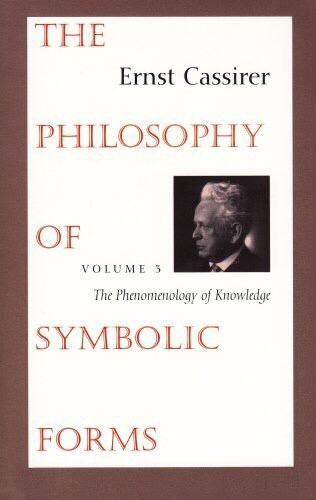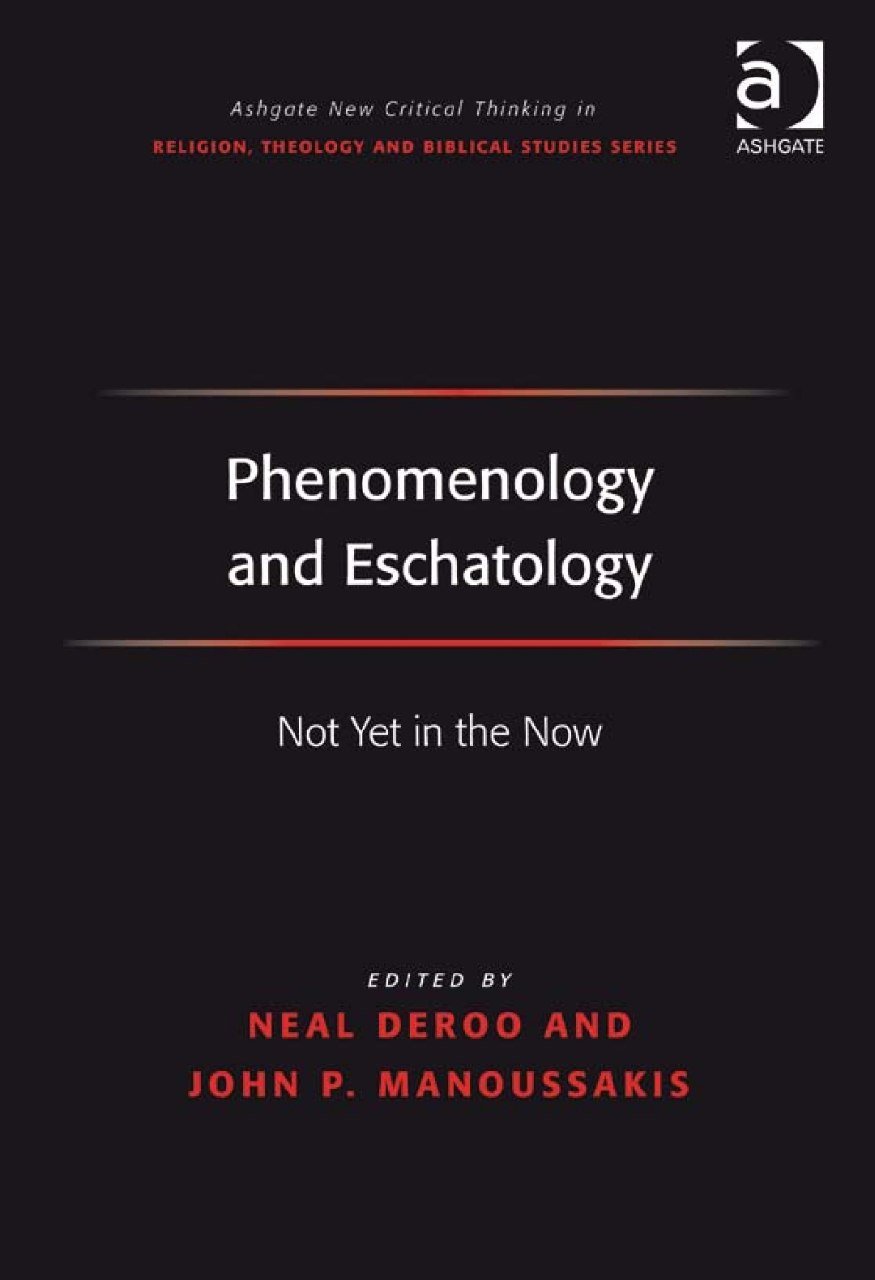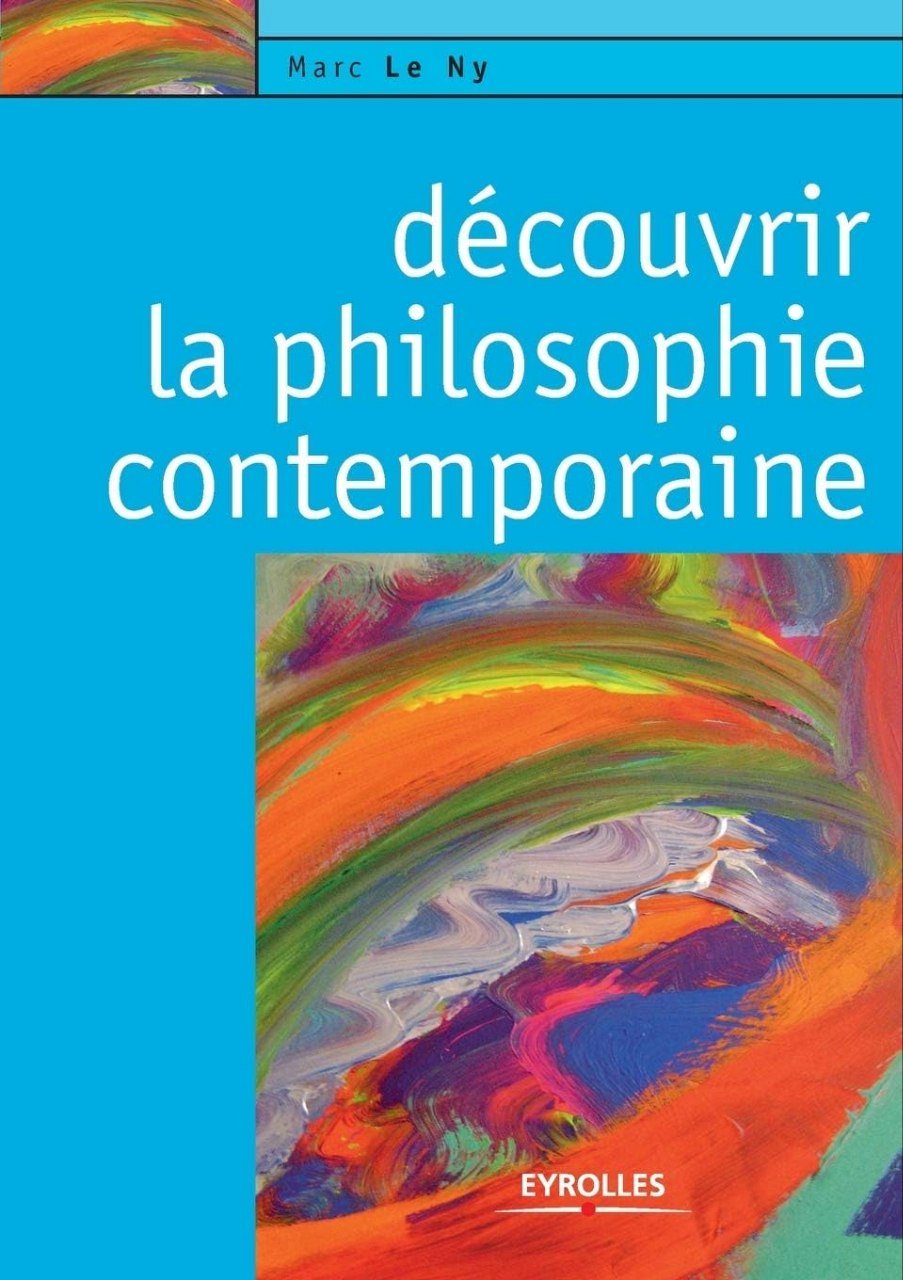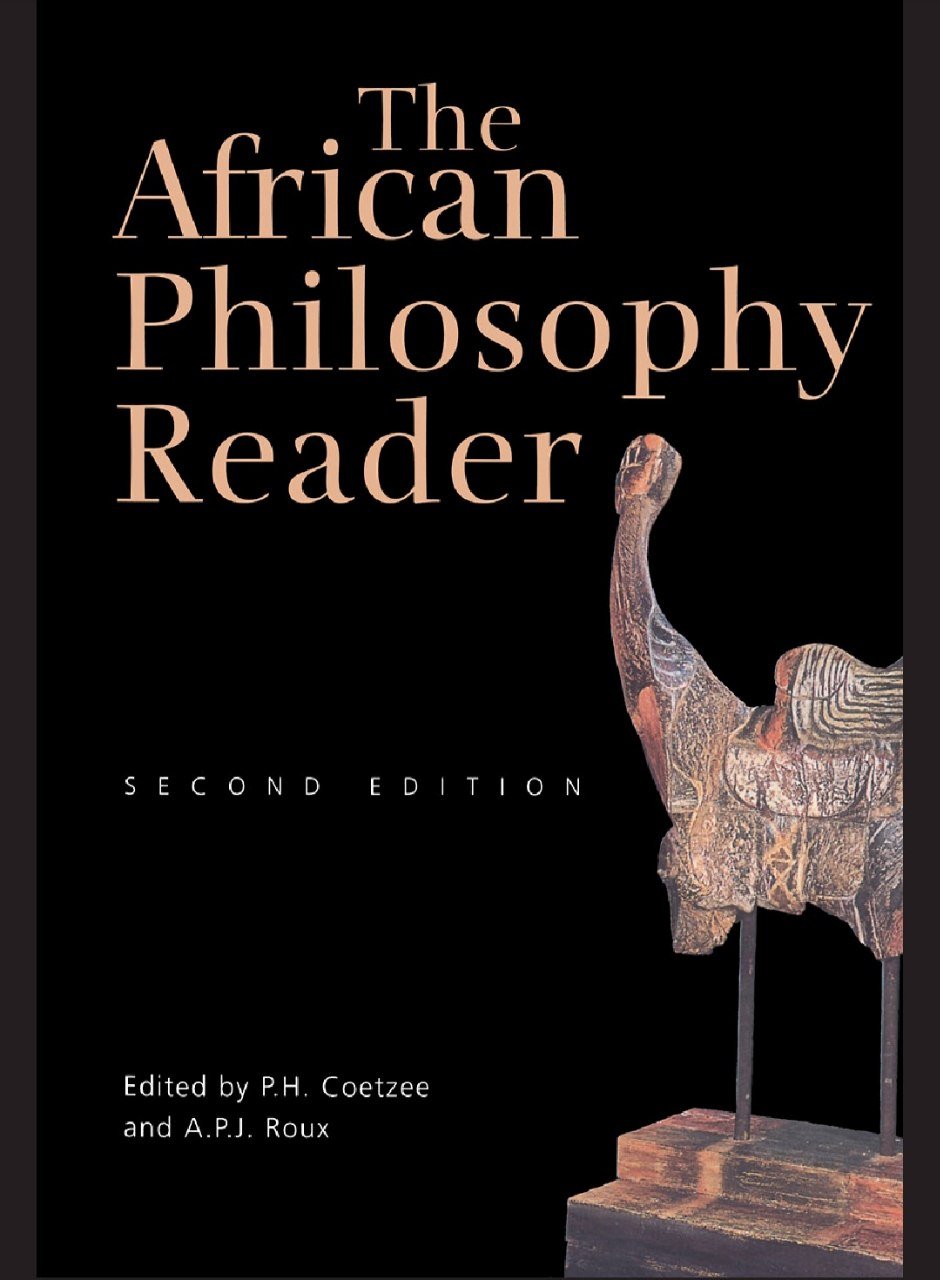

The Philosophy of Symbolic Forms, Volume 3
Reviews
No review yet. Be the first to review this book!
Description
The Philosophy of Symbolic Forms, Volume 3: The Phenomenology of Knowledge ✍🏼 Ernst Cassirer, translated by Ralph Manheim In The Philosophy of Symbolic Forms, Volume 3: The Phenomenology of Knowledge, Ernst Cassirer completes his ambitious trilogy exploring how human beings generate meaning through symbolic systems. In this final volume, Cassirer shifts his focus from the symbolic forms of language, myth, and art (covered in Volumes 1 and 2) to an in-depth philosophical analysis of knowledge itself. He seeks to understand the ways in which knowledge is not simply a passive reflection of an objective world but rather an active, symbolic construction of reality shaped by human cognitive capacities. Cassirer’s core thesis is that human knowledge arises from the symbolic forms we employ to interpret experience. These symbolic forms—language, myth, religion, art, science, and more—are not mere tools for communication or expression but are fundamental structures that mediate and shape our understanding of the world. Knowledge, for Cassirer, is not a direct apprehension of reality but a symbolic organization of it. Thus, epistemology (the study of knowledge) must be rethought as the study of the symbolic processes that underlie human cognition. In this volume, Cassirer delves into the historical development of epistemology, engaging critically with key figures from the history of philosophy, including Descartes, Locke, Kant, and Hegel. He argues that traditional theories of knowledge often fall into the trap of dualism—opposing subject and object, mind and world—without fully appreciating the symbolic mediation that bridges them. Cassirer offers an alternative, non-dualistic account that emphasizes the dynamic and formative role of symbolic activity in human understanding. Central to Cassirer’s phenomenology of knowledge is the idea that thought itself is a symbolic function. Scientific knowledge, for example, is not simply a matter of empirical observation and logical deduction; it involves constructing conceptual frameworks that make phenomena intelligible. Mathematics, logic, and natural science are advanced forms of symbolic thinking that have evolved from more primitive forms like myth and language, but they remain continuous with these earlier modes of worldmaking. Cassirer also explores the phenomenological experience of knowledge—the lived, first-person process of coming to know—and how it involves an interplay between perception, concept formation, and symbolic articulation. He draws on Kantian themes, particularly the role of the categories and the synthetic activity of the mind, but moves beyond Kant by emphasizing the cultural and historical variability of symbolic forms. The Phenomenology of Knowledge stands as a culmination of Cassirer’s broader project: to show how human beings are animal symbolicum—symbol-making creatures—whose entire cognitive life is mediated through symbolic forms. Knowledge, then, is not an isolated intellectual act but a complex cultural achievement rooted in humanity’s symbolic capacity. This work is profound, dense, and philosophically rich, offering a sweeping synthesis of epistemology, phenomenology, and the philosophy of culture. Ralph Manheim’s translation makes Cassirer’s nuanced argumentation accessible to an English-speaking audience, preserving the depth and clarity of the original German text.

























.jpg)








.jpg)
.jpeg)



.jpeg)


.jpeg)
.png)



.jpg)


.jpg)












.jpg)
.jpg)









.jpeg)


.jpeg)







.jpg)

.jpg)



















































